Cataract surgery using Phaco method at Tho Xuan District General Hospital.
On average, every day, the Emergency Department of Thanh Hoa General Hospital needs to perform from 1,000 to 2,000 test samples, a huge amount of work that previously required manual transportation and recording, consuming a lot of human resources and time. In an effort to innovate, the hospital has invested in and operated a smart laboratory - a complex of modern equipment including the OTB automatic sample tube preparation system, the Tempus transport system, and especially the Power Express testing system.
With this system, the entire process from labeling, storing patient information to analyzing samples, transporting and returning results is fully automated. As a result, testing productivity has doubled, reaching more than 10,000 specimens per day, while the workforce has been reduced by more than 2/3, from 30 to only 10 technicians. MSc. Dr. Vu Lan Anh, Deputy Head of the Department of Biochemistry, commented: “Smart laboratories not only help optimize performance but also improve accuracy and minimize errors during testing. The birth of this system is a clear demonstration of the effectiveness of applying technology to clinical practice, an important step on the journey to building smart hospitals.”
Not only stopping at modernizing the testing system, in recent years, hospitals in Thanh Hoa have continuously made efforts to improve their professional capacity through the implementation of a series of advanced and specialized techniques. This is an important step, clearly demonstrating the orientation of shifting from "basic treatment" to "intensive treatment" right at the provincial level, helping people access high-quality medical services without having to travel to the central level.
In fact, more than 20 high-tech specialties have been transferred to 7 satellite hospitals in Thanh Hoa thanks to cooperation programs with central hospitals. Receiving and mastering these techniques not only contributes significantly to shortening the treatment gap between levels but also reduces the burden on upper-level medical facilities, while improving the quality of health care right at the local level.
Notable examples include modern techniques such as: Stent placement to treat carotid artery stenosis, an important vascular intervention method to prevent stroke; treatment of venous insufficiency with endovascular laser, helping to shorten hospital stay and recover quickly; prostate stripping with HoLEP and BipoLEP technology, improving the effectiveness of treating benign prostatic hyperplasia. In addition, many complex surgeries such as laparoscopic liver resection, rectal resection to treat cancer, or endoscopic intervention to treat early-stage digestive cancer have also been successfully performed, demonstrating the increasingly solid professional capacity of the local medical team.
Not only that, Thanh Hoa has also made its mark in the field of assisted reproduction. At Thanh Hoa Obstetrics and Gynecology Hospital, modern techniques such as intracytoplasmic sperm injection (ICSI), testicular sperm biopsy (TESE), and percutaneous epididymal sperm aspiration (PESA) have been routinely applied. This is a breakthrough in infertility treatment, opening up the hope of becoming parents for thousands of couples.
Modern technology supports precise and safe surgery at Thanh Hoa Provincial General Hospital.
Along with professional development, digital transformation in Thanh Hoa's healthcare sector is also taking place strongly. Currently, 100% of medical facilities in the province have applied information technology in document management, electronic medical records, electronic invoices and cashless payments. Specialized software such as hospital management system (HIS), laboratory software (LIS), medical image archiving and communication system (PACS) are synchronized, helping to reduce waiting time and improve hospital management efficiency.
Although only Thanh Hoa General Hospital has met the criteria for a smart hospital, the health sector of Thanh Hoa province has a clear plan to expand this model. In the coming period, the whole province aims to build at least 8 smart hospitals, modernizing everything from infrastructure management to expertise.
In particular, the province's High-Tech Medical Center is expected to be completed by 2025. This will be a place where key functions such as preventive medicine, test calibration, early diagnosis and international standard treatment converge. In addition, the center also takes on the role of clinical, paraclinical, rehabilitation, nursing training and is a bridge for international cooperation in the field of medicine. The establishment of the center is not only an important milestone in the province's health development strategy but also a strong affirmation of the aspiration to become a regional leader in the field of high-quality health care.
It can be affirmed that the application of science and technology in medical examination and treatment is not only a revolution in technology and management, but also a strong affirmation of the health sector's commitment to improving the quality of health care for the people. Innovations from laboratories, surgery, genetic testing to digital health management are gradually shortening the gap between provincial and central health care, reducing the burden on large hospitals and, more importantly, increasing the trust of patients in their own homeland.
On that basis, Thanh Hoa health sector continues to aim to train high-quality human resources, invest in modern technological infrastructure, expand scientific cooperation and apply new achievements. This is not only a journey to keep up with the times but also a humane commitment to building an advanced, sustainable health system and serving the people in the most comprehensive way.
Article and photos: Tran Hang
Source: https://baothanhhoa.vn/ung-dung-khcn-chia-khoa-nang-cao-nbsp-chat-luong-kham-chua-benh-253550.htm



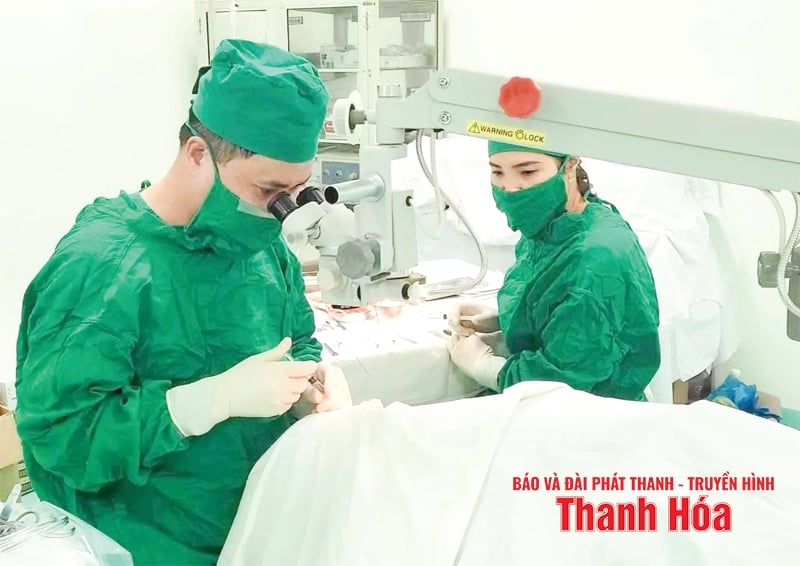
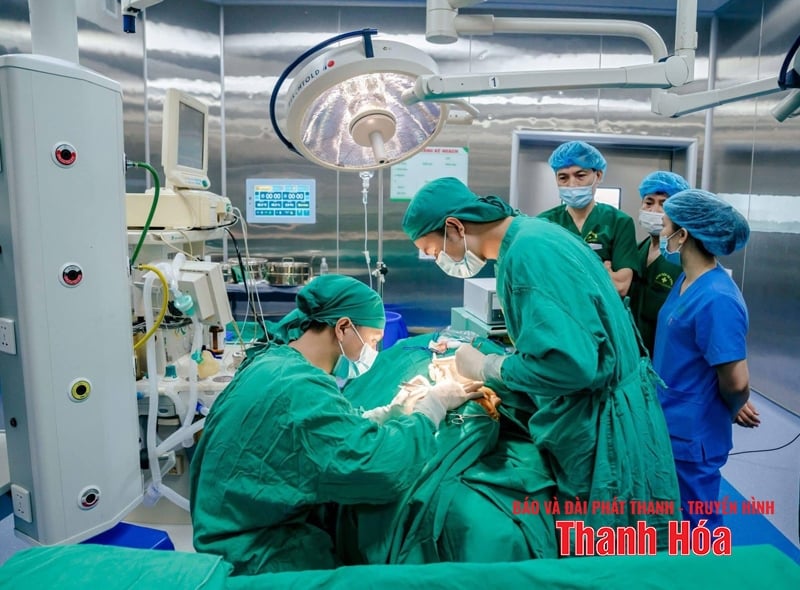


![[Photo] President Luong Cuong receives Speaker of the New Zealand Parliament Gerry Brownlee](https://vphoto.vietnam.vn/thumb/1200x675/vietnam/resource/IMAGE/2025/8/29/7accfe1f5d85485da58b0a61d35dc10f)
























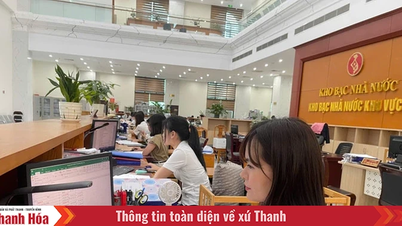





![[Photo] Hanoi is ready to serve the occasion of the 80th National Day Celebration on September 2nd](https://vphoto.vietnam.vn/thumb/1200x675/vietnam/resource/IMAGE/2025/8/29/c838ac82931a4ab9ba58119b5e2c5ffe)














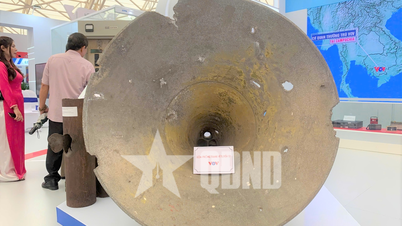



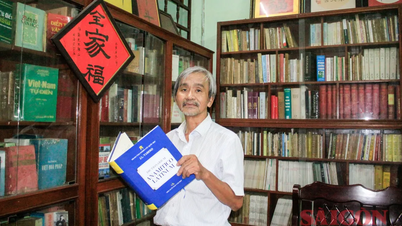






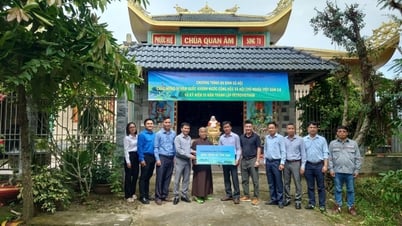











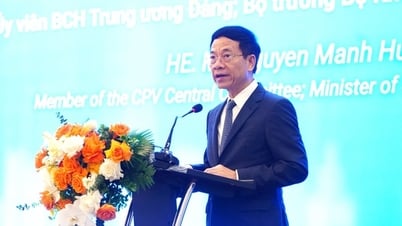






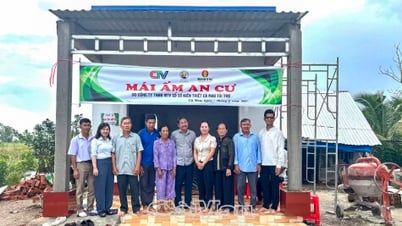
















Comment (0)